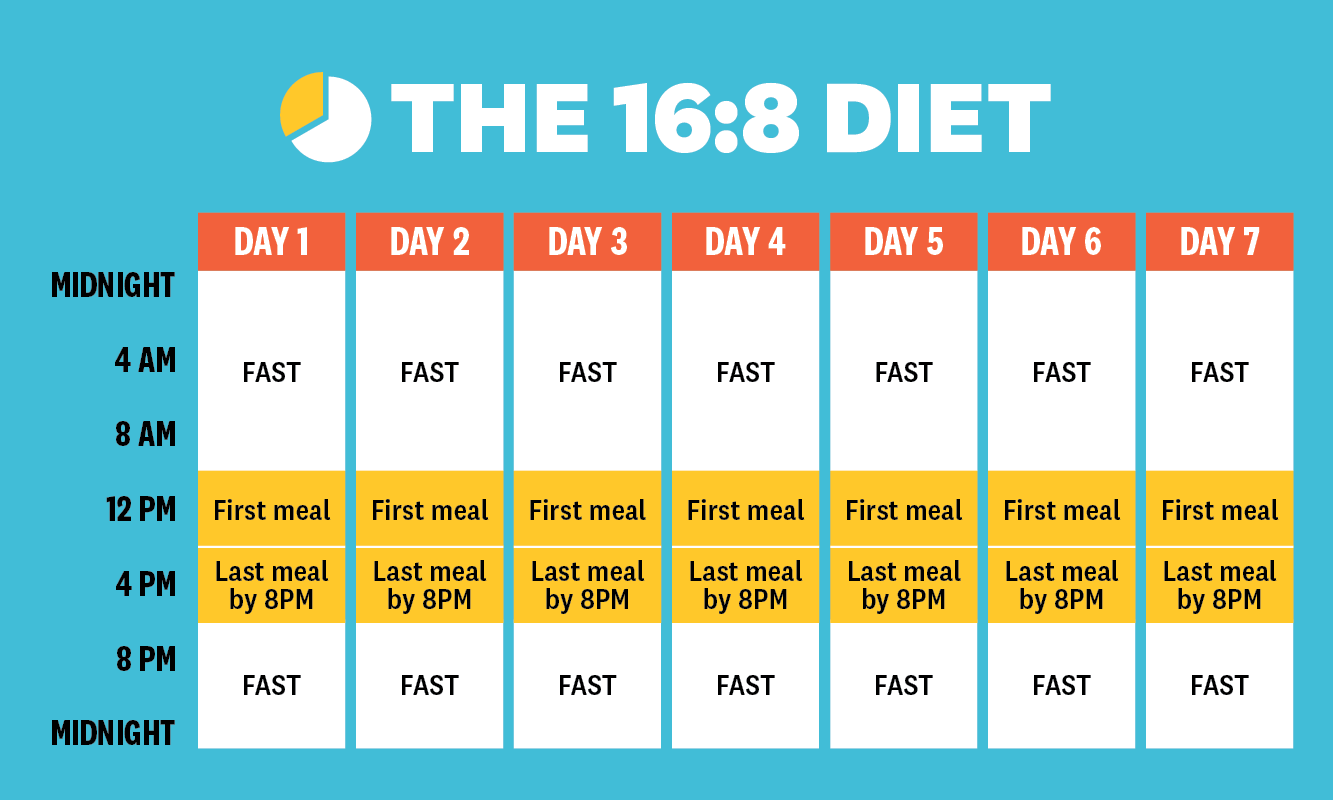Intermittent Fasting Diet Is It Right for Middle-Aged People

Intermittent Fasting Diet: Is It Right for Middle-Aged People?
Intermittent fasting (IF) has gained significant attention as a dietary strategy in recent years, offering potential health benefits ranging from weight loss to improved metabolic health. But is it suitable for middle-aged individuals aged 40-55? This article explores the science, benefits, risks, and practical tips for incorporating intermittent fasting into the lifestyle of middle-aged adults.

What is Intermittent Fasting?
Intermittent fasting is not about what you eat but when you eat. It involves alternating periods of eating with periods of fasting. Popular methods include:
-
16:8 Method: Eating within an 8-hour window (e.g., 12 p.m. to 8 p.m.) and fasting for the remaining 16 hours.
-
5:2 Method: Eating normally for five days a week and restricting calories (500-600) on two non-consecutive days.
-
Alternate-Day Fasting: Alternating between regular eating days and fasting or very low-calorie intake days.
-
12:12 Method: A beginner-friendly approach involving equal fasting and eating windows (e.g., 8 a.m. to 8 p.m.).
These methods are flexible and can be tailored to individual preferences and lifestyles .6 .7 .11.

Health Benefits of Intermittent Fasting for Middle-Aged Adults
-
Weight Management
-
Improved Metabolic Health
-
Heart Health
-
Brain Health
-
Longevity
-
Reduced Inflammation
-
Chronic inflammation contributes to aging and diseases such as arthritis and cardiovascular issues. IF has been shown to reduce markers of inflammation .15.
-

Potential Risks and Side Effects
While intermittent fasting offers numerous benefits, it’s not without risks:
-
Initial Side Effects
-
Nutritional Deficiencies
-
Restricting eating windows can lead to insufficient nutrient intake if meals are not well-balanced .5.
-
-
Impact on Hormones
-
For some individuals, especially women nearing menopause, prolonged fasting may disrupt hormonal balance .7.
-
-
Not Suitable for Everyone

Tips for Middle-Aged Individuals Considering Intermittent Fasting
-
Start Gradually
-
Begin with a less restrictive method like the 12:12 or 14:10 schedule before transitioning to longer fasting periods such as 16:8 .7.
-
-
Focus on Nutrient-Dense Foods
-
Stay Hydrated
-
Drink plenty of water during fasting periods to avoid dehydration.
-
-
Listen to Your Body
-
If you experience severe side effects like persistent fatigue or dizziness, consider adjusting your schedule or consulting a healthcare provider.
-
-
Combine with Exercise
-
Pair intermittent fasting with moderate physical activity like walking or yoga to enhance its benefits without overexerting yourself during fasting periods .11.
-
-
Monitor Progress
-
Track changes in weight, energy levels, and overall health markers like blood sugar or cholesterol levels.
-
-
Consult a Professional
-
Speak with a healthcare provider or dietiti
-







